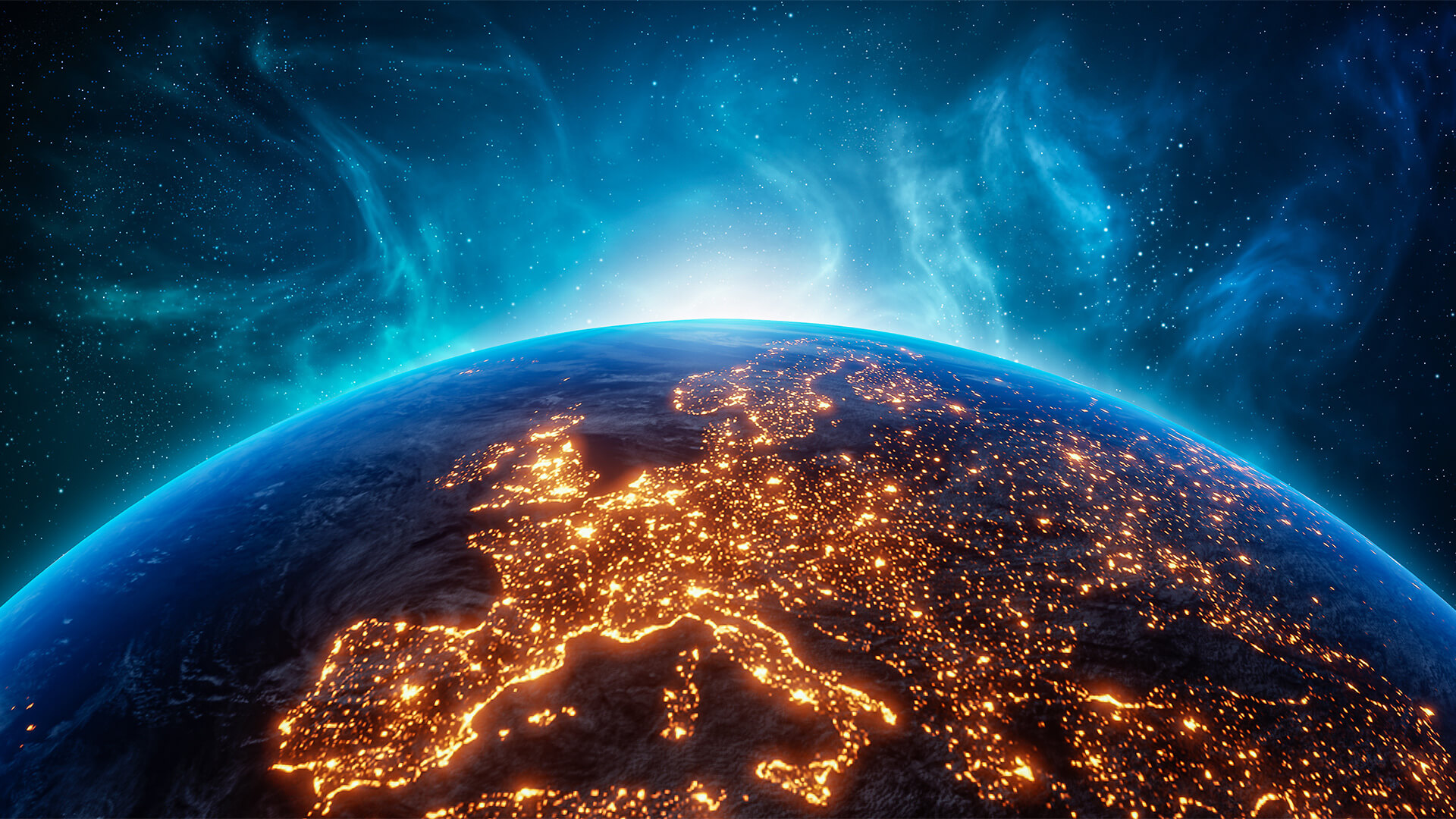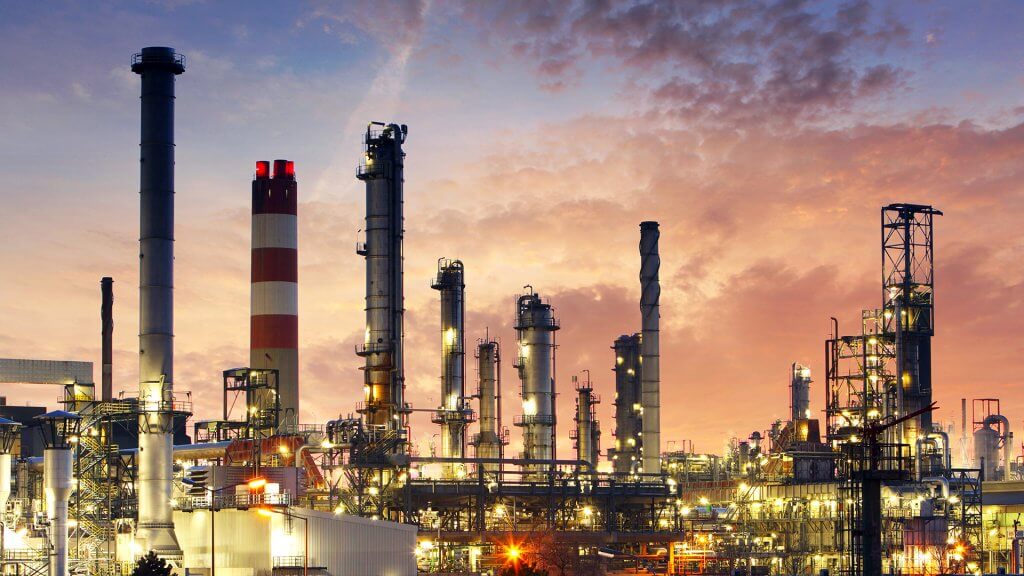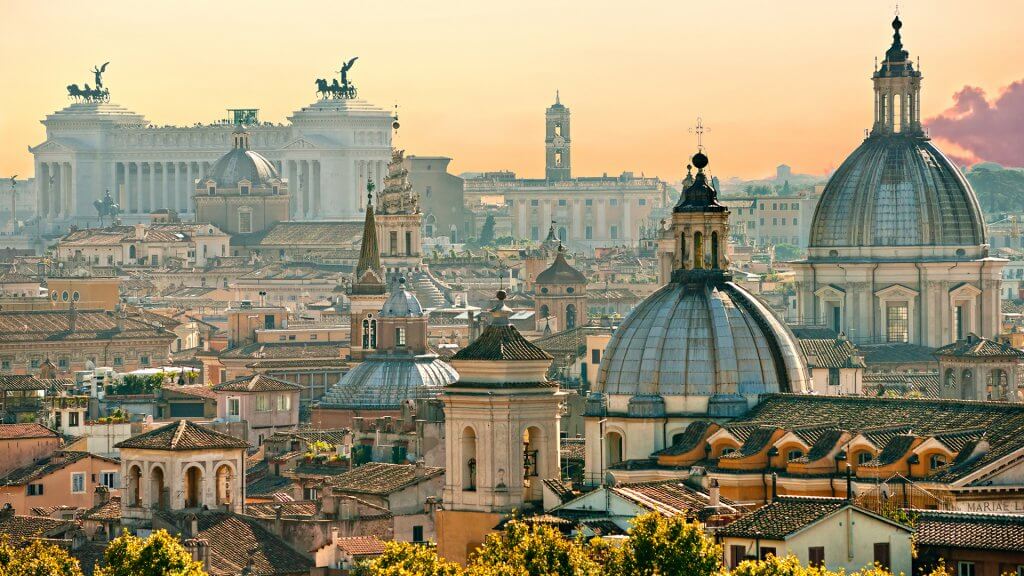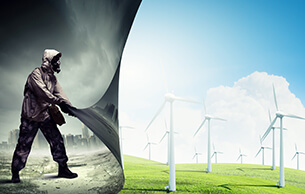The European Union has responded to Russia’s invasion of Ukraine by imposing sanctions on Russia, and in the case of the United States and the United Kingdom, announcing an embargo on Russian oil exports, and in the case of the European Union, reducing imports of Russian oil. Oligarchs close to the Kremlin have been placed on sanctions lists and their assets frozen. Russia has been removed from the Swift payment system and the central bank prevented from using its foreign reserves to stabilise the economy. As a piece in EuroNews.green points out, the European Union (EU) has not done enough to move away from Russian oil and gas.
The EU is heavily reliant on Russian oil & gas imports. It gets 45% of its natural gas and 25% of its oil from Russia. Sanctions against Russia have not extended to oil & gas because the EU does not have a viable way to meet its energy demands without Russian imports.
The EU is reported to be considering a plan to reduce Russian gas imports by 80% within a year. Meanwhile, a global energy group has proposed a plan that would reduce dependence on Russian gas by a third within a year, although this would still leave Russia a significant supplier.
As energy prices skyrocket, balancing the need to combat Russia and deny it revenue is being balanced against the need to not inflict pain on the EU itself by spurring inflation. The United States imports a meagre amount of oil and gas from Russia, much like the United Kingdom. We can afford to sit on our leather recliners made in the USA without fear because the United States has avoided becoming beholden to Russia’s energy sector.
The transition to a green economy just has not happened as quickly as the bloc said it would. Again, money is the issue: governments may have agreed to fund a transition, but they have baulked at actually doing so, and in face of rising inflation, they may not be willing to impose extra costs on their citizens.
The biggest action taken within Europe was the suspension of the certification of the Nord Stream 2 pipeline, but this still leaves open the possibility that certification will go ahead. In many ways, this move was largely symbolic: Russia had not earned any revenue from the project and so it will not suffer from the project not going ahead.
With oil touching $140 per barrel, its highest price in 14 years, and a reduction in gas supplies, Europe finds itself at a crossroads. Short-term, the bloc can survive without Russian gas, but in the long-term, the region’s energy security has never been more fragile. The region has to accelerate its shift to renewable energy in order to fight climate change and secure its energy independence.
The EU is unlikely to dramatically reduce its dependence on Russian energy imports within a year. The plan requires a level of coordination and sustained investment that the region has not shown for a long time. The prospect of inflation is likely to distract Europe’s leaders from the important business of fighting climate change and assuring energy independence.





























